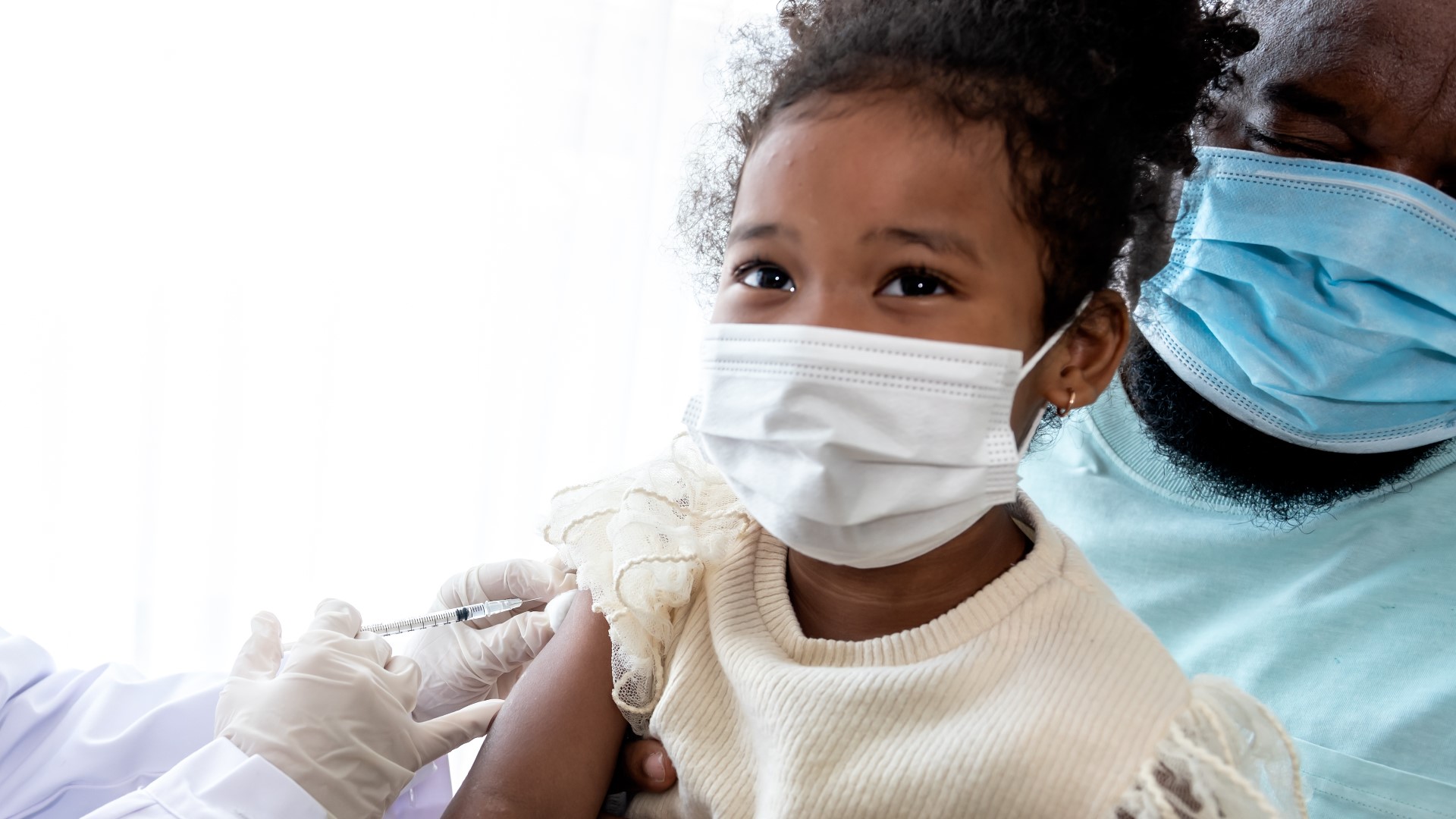AUSTIN, Texas — The end goal is the same: protect against COVID-19.
Pfizer has three differences to getting ages 5 through 11 vaccinated against COVID-19.
Dosage
The vaccine for children is one-third of that which anyone 12 and older gets.
Adults get 30 micrograms of RNA. Kids get 10 micrograms.
“In some ways, the largest effect on children has been around their ability to participate in usual activities, especially schooling, that we know have such a huge impact both from an educational perspective and a mental health perspective ... Having a vaccination available for children 5 through 11 really helps get kids back into some of these activities that they enjoy," Nipunie Rajapakse, M.D., pediatric infectious diseases at Mayo Clinic, said.
Effectiveness
Pfizer’s data shows the 5- to 11-year-old vaccine version is 90.7% effective at preventing COVID-19 after the second dose. Their studies put adults at 95% initially.
Later studies show the effectiveness for adults drop to less than 50% five months later. Too soon to know if kids will need boosters like the adults.
“Children and high-risk groups may need a booster. Right now, we still don't have evidence that most people in America need a booster. Most people there are priming doses with Pfizer or Moderna. Or two doses with Johnson & Johnson. They're done. They've got good immunity, good protection,” Robert Jacobson, M.D., pediatrician at Mayo Clinic, said.
Trial
The vaccine trial size for adults was more than 46,000. For children, it was less than 5,000.
“This trial size was agreed upon with regulators and is adequate to demonstrate safety and efficacy. Another consideration is that due to the high efficacy of the vaccine seen in our pivotal Phase 3 trial in adults, our study in children randomized in a 2:1 ratio to receive active vaccine or placebo in order to have a larger pool of participants receiving the active vaccine, compared to 1:1 in the pivotal trial in adults,” a Pfizer spokesperson wrote to KVUE.
PEOPLE ARE ALSO READING:

